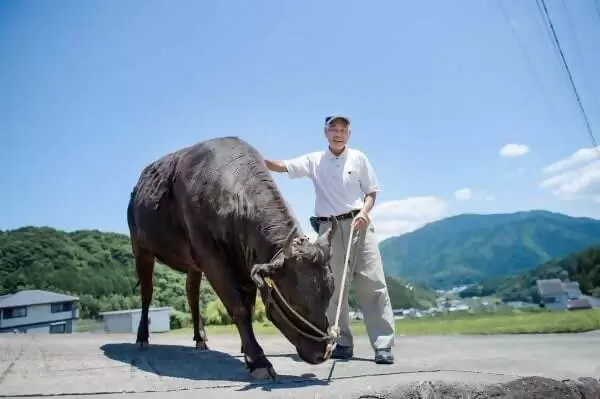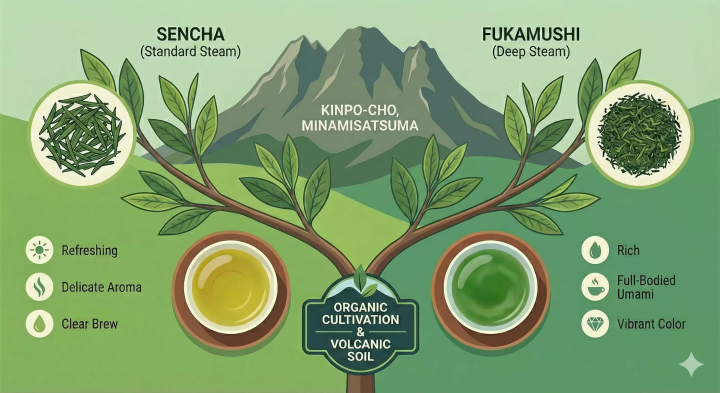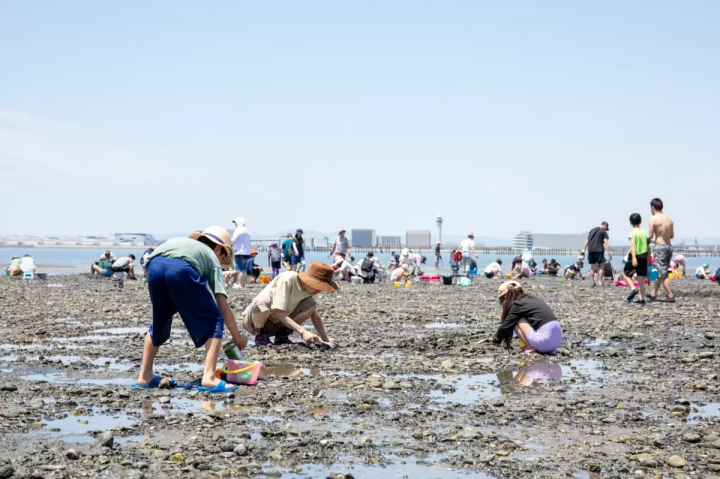Yurukyara (Mascot Characters) - Japanese Encyclopedia

Yurukyara are almost everywhere you look in Japan; major companies and cities down to even the tiniest local shop have one. How many of these adorable mascots can you name?
Yurukyara is a compound word made from "yurui", which means "loose" or "easygoing" and the English word "character" that is used by companies and regions to refer to their own local mascots; these often also take the form of costumed mascot characters at local or company events.
Mascots Past and Present
The word yurukyara first came into popular use in 2004 and but characters such as the Metropolitan Police Department's Pipo-kun (lower picture) and Sato Pharmaceuticals' Sato-chan (the orange elephant) have been used in place of human spokespersons to represent everything from traffic safety to company interests since the 1950s.
Present-day yurukyara are mainly used to advertise regional tourist attractions and specialty goods in a bid to revitalize tourism in sometimes underpopulated areas; the hook of these characters being that they can't be found anywhere else. Major company mascots often developed from these local yurukyara.
Yurukyara may be animal or human, or even personifications of local goods or famous locations, and are often made into cartoon-character costumes. A second meaning of the word 'yurui' is 'gentle' or 'kind', which demonstrates a further quality of yurukyara: they must be friendly. Whether at festivals or ceremonies, these mascots are approached by both children and adults and as such must be adorably well-behaved at all times.

One such character that immediately springs to mind came from the 2011 opening of the Kyushu Shinkansen (bullet train) to Kumamoto prefecture, Kumamon (kuma meaning both bear and the first part of Kumamoto).
Yurukyara Grand Prix
In order to spread awareness of the various yurukyara found across Japan, the first annual Yurukyara Grand Prix was held in 2011 (and of course featured Kumamon).

At the Yurukyara Grand Prix, characters such as Ishikawa prefecture's Wakura Onsen character Wakutama-kun (the above photo) and other characters from all across Japan are entered, in the hopes that they too will become as popular as the top selling characters in Japan.
ライター兼翻訳者、時にマーケティング調査員の顔も。訪日旅行客向けに東京都内レストランメニューの翻訳データ・ベースの作成や、宿・ホテル情報検索サイトの翻訳も手掛けてきました。旅行と食材研究が趣味です。































![[Kagoshima] Overcoming 12 Years of Hardship: Walking through Minamisatsuma City, the sacred land where the monk Ganjin landed](https://resources.matcha-jp.com/resize/720x2000/2026/02/21-259481.webp)



